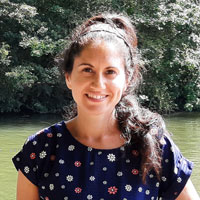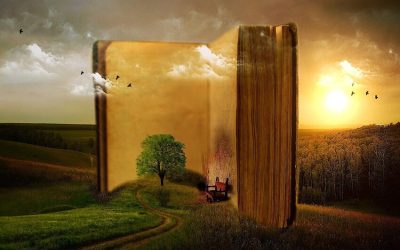Sometimes referred to as substantive, structural, or content editing – although they are not always the same thing – there’s no standard definition for what developmental editing is. If you’re considering hiring a freelance editor, it can be difficult to know what you’re asking for and what you’re getting.
Developmental editing is the type of editing that deals with the “big picture” elements of a manuscript, such as plot, structure, pacing, characterization, setting, etc.
It’s all about structure…
Developmental editing is first and foremost about the structure of a story. Everything from the way chapters are organized, to their length, to the rhythm and overall flow of a manuscript is analyzed with a fine-tooth comb.
For example, in fiction: how are the chapters divided? Is the narrative arc effective? In nonfiction: are the chapters organized in a logical manner? Does the structure make sense and help the overall argument?
For both fiction and nonfiction, it’s essential to have a good structure – and one that works for the story you’re trying to tell.
…and content
A developmental editor then looks at the content of the manuscript, specifically what works and what doesn’t. Everything from plot, conflict, characterization, setting, etc., is scrutinized.
For example, in a fiction novel, does each chapter ending keep readers engaged and turning the page? Is the plot sufficiently believable and compelling? Do the characters have a purpose and enough motivation to achieve their goals?
For nonfiction, is your argument or message sufficiently compelling? Do you provide enough evidence and case studies to support your thesis? Is your tone, style, and approach appropriate for your audience?
The process
There are generally two types of guidance you can receive from a developmental editor:
- A manuscript assessment – also called editorial evaluation, appraisal, or critique – gives you general feedback on the big-picture aspects of your manuscript and is returned via an editorial report. The editor won’t add any comments or edits to the manuscript, but they can (and should) provide specific examples from the manuscript in the report.
- A developmental edit pinpoints the big-picture issues in your book and gives suggestions on how to solve them. The edit includes comments and annotations made within the manuscript. An editorial letter summarizes the major findings. In general, a round of developmental edits will address three to five important concerns, and a few minor ones. If there are more than five significant issues, a second round of edits (i.e., after the author has revised their manuscript) may be necessary.
A good editor relies on education, experience, personal insights, and a good dose of intuition gained from reading and analyzing hundreds of books. If you’re not sure what a freelance developmental editor might offer, don’t hesitate to ask.





